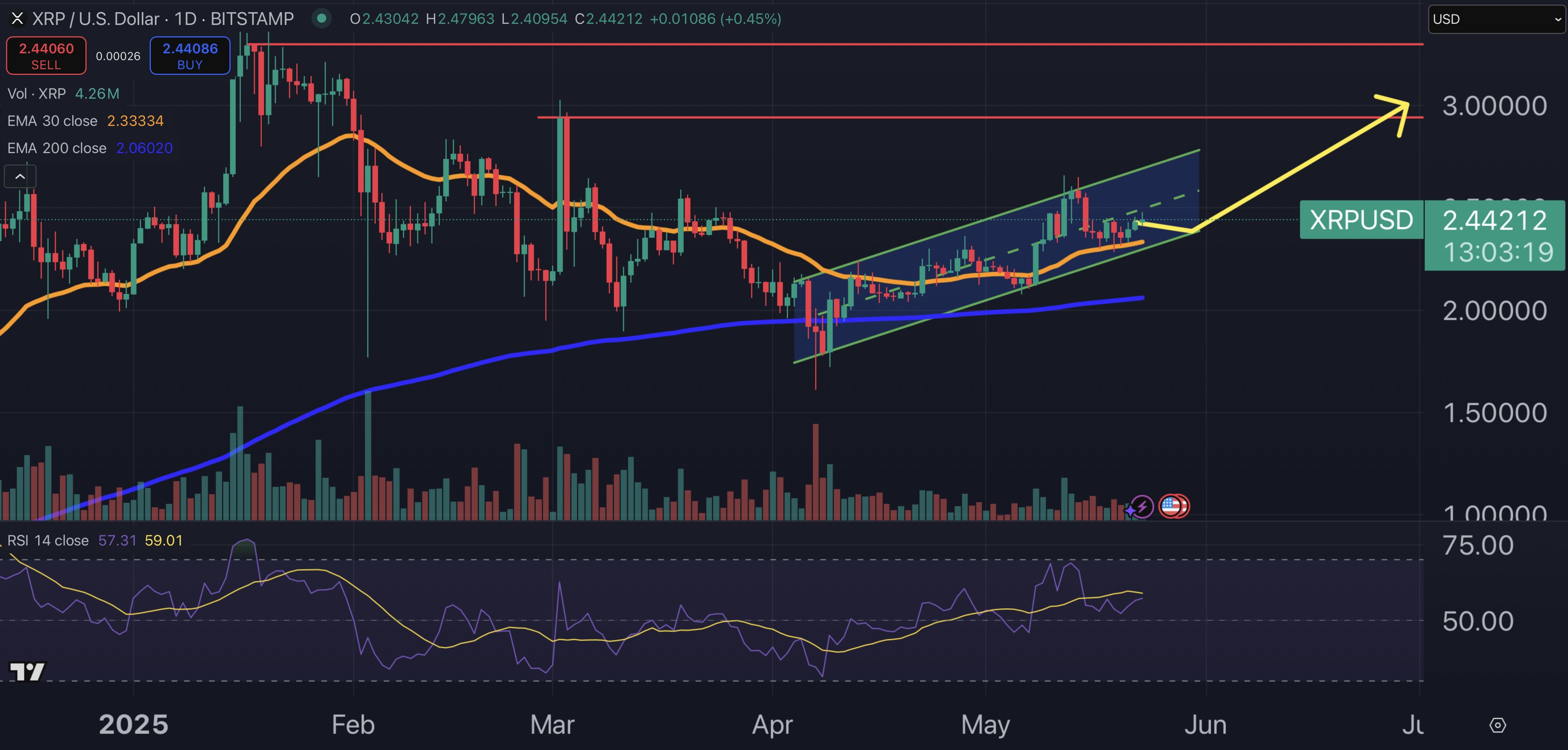Diana Jarrar, Founder and CEO of MAGICDATES
Diana Jarrar
Like many great American stories, entrepreneur Diana Jarrar’s began in a faraway land: Syria—a story of love, loss, uncertainty, chance encounters, and a new business venture.
She is the daughter of a Palestinian father and a Syrian mother who met in Damascus after her father fled his home country. Jarrar was born and grew up in Damascus, where date-covered palm trees grew tall, and the perfume of cardamom, sumac, nutmeg, and spice perfumed the air. A secular and peaceful life was her norm until 1997 when the civil war began in Syria. Everything changed. Her family received refugee status and immigrated to Toronto for another chance at everyday life.
“As a Palestinian, we always had refugee status regardless of where we moved, regardless that I was born in Damascus, Syria. In hindsight, despite having moved to Canada and then the US, I wonder what my life would have been like if I didn’t have the security of these documents. So I rediscovered my roots in a way. This happened through MAGICDATES and my relationships here in LA.”
Jarrar was pursuing a career in Human Rights law, drawn to the vocation due to her being a refugee and seeing just how legal documentation can be a chance at a new life. But in 2017, she decided to pivot into the food world. “Food is the lowest common denominator and the least threatening way to have these cultural and political conversations,” she says.
“I wanted to speak to my Middle Eastern story. I was anxious about how to talk about my product; I honestly was nervous about telling people I was Palestinian-Syrian. I felt people wouldn’t buy my product if I said that. Advisors and consultants told me – yeah, people won’t buy it if you say that is where you are from. It’s better to hide that, so I felt I was hiding my essence,” she explains.
Then 2020 happened, and things changed for the world and how Jarrar wanted to communicate her identity and business. “I realized how important it was to be honest about my identity and my brand’s cultural identity. During the BLM movement, so much stuff was bubbling up to the surface—the fear of the unknown especially. I saw how brave people were. They were standing up for what they believed in. I almost felt ashamed or embarrassed that I wasn’t doing the same. It was very inspiring. I wanted to be honest with who I am,” she explains.
Date Flight, MAGICDATES
Diana Jarrar
Jarrar decided to rebrand her line, MAGICDATES, to reflect the aesthetics and cultural tradition of the Middle East and North Africa, the place where dates come from. She included more about the origin of the date, its Moroccan roots and its strong use in Middle Eastern culture. Then she brought it to Shark Tank.
The fiber-rich, cane sugar-free snack brand MAGICDATES is totally date based. The line includes date bites which are blended dates, nuts, and other fruits or chocolate depending on the flavor, which include: lemon, coconut, chocolate, and blueberry. Then there is the “Date Flight,” a golden box filled with a curated selection of different date varietals that are now grown in the Coachella Valley in California, but those palms were imported from the Middle East.
When Jarrar pitched her company on Shark Tank in 2020, Kevin O’Leary was drawn to Jarrar and her brand.
“There are multiple factors at play here. First, there is a massive move afoot in America and globally toward healthy snacks. And dates fall into that category. They have been known for thousands of years to have incredible attributes in terms of holistic food. I’m half Lebanese and half Irish, and the legacy of living off camel milk and dates in the Bedouin society for thousands of years kept people alive for centuries. There are a lot of good reasons to like dates as a food, and that is slowly seeping into the health food market,” O’Leary tells Forbes.
Kevin O’Leary and Diana Jarrar on Shark Tank
Diana Jarrar
Although dates are a commodity, O’Leary’s business acumen had him see something in Jarrar as an entrepreneur that resonated. “Diana showed exceptional skills and understood the market. When you have a commodity, what really matters is execution skills because large vendors and direct-to-consumer businesses work on your ability to handle logistics and ship these products. I was making a bet on all those factors coming together on this deal,” said O’Leary.
O’Leary also has a track record for betting on women entrepreneurs because he says the numbers don’t lie. “Over 90% of my returns on Shark Tank for the past 15 years have come from women-run companies. So I’m naturally prepared to invest in a company run by a woman. I’m not trying to start gender warfare, I would give money to a goat if I could get a return, it’s just that the outcomes over a long period show that women are very good at mitigating risk, so I’m very biased to invest behind them.”
The real value of Shark Tank, explains O’Leary, is the massive network the sharks have access to. “One of the great advantages of being a shark is that everyone returns your call. You can call the CEO of a giant retailer, anyone, and people are pretty in tune with what the platform is. Supporting diversity and entrepreneurship its bipartisan – there are no politics in Shark Tank. The first call I made was to OGIS of FGF Brands – the largest disruptor in food services. They do so much work with giant retailers all over America, and I said here is a story that would fit right into what you do. I am willing to give up half of my piece to make you my partner and obviously, we went to Diana with this, but she agreed. Now we have real horsepower behind this deal.”
“Its one thing to get 5 million in sales it’s another to get to 150 million. If you are going to get to that, which is where I want Diana to go, she is going to need partnership, she needs logistics, shelf space and needs to understand how to work with these retailers, and you can’t do that by yourself you need commercial kitchens and ordering systems and FGF has that. That is the value of Shark Tank,” says O’Leary.
Credit: Source link











